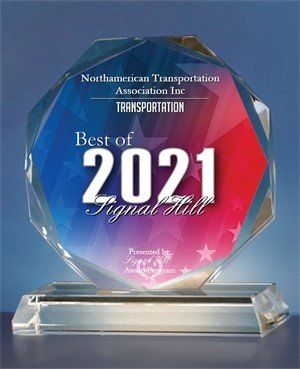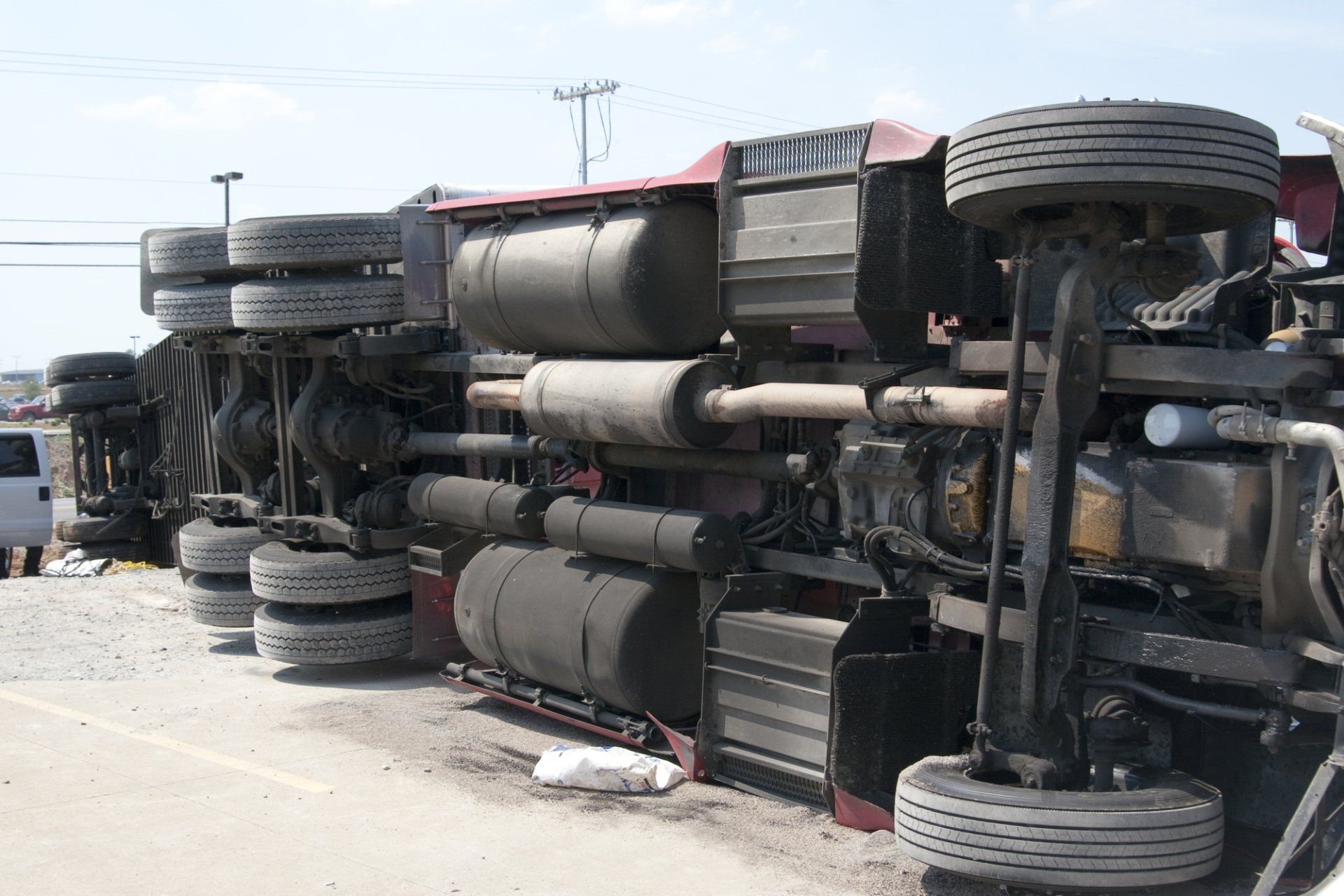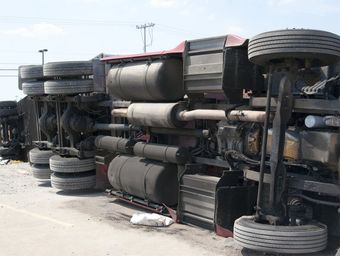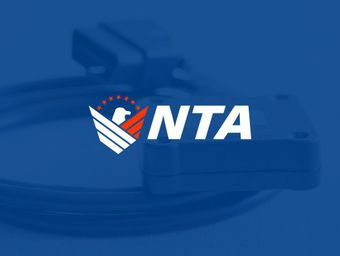Who Do You Rely On?
What is the ONE Thing these Companies Have in Common?
Boeing Co, Coyote Logistics, Delta Air Lines, Dept of Homeland Security, Kaiser Health, Maryland Dept of Health, PepsiCo, State of Minnesota, Transport America, US General Services Administration, United Parcel, Walmart and a few thousand others.They ALL rely on the professional safety compliance information from NorthAmerican Transportation Association's (NTA) website.
What sets NTA apart from other associations is its comprehensive range of services and expert articles written by professions on various subjects. By offering our members with a single source of services and information, we can provide our members with up-to-date information and forms you need to run your business in the most cost-effective DOT compliant.

NTA Services
Join us for the 43rd annual
Truckin’ For Kids Charity Show & Drags
at Irwindale Speedway in Southern California on April 27-28, 2024!
The NTA is proud to team up with 10-4 Magazine to sponsor the Trucking for Kids Show.
NTA News






















